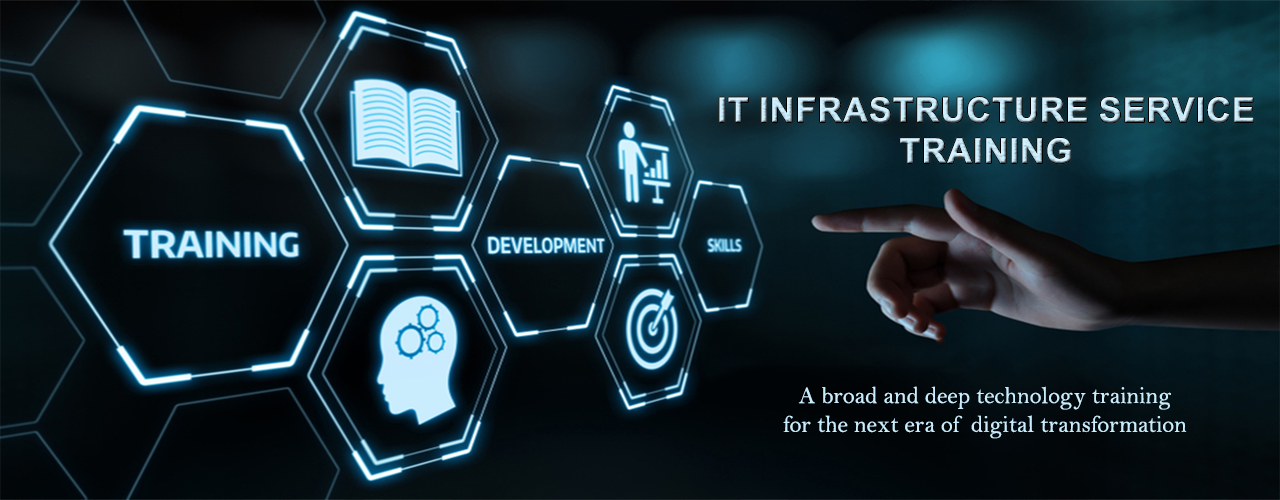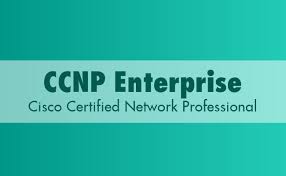Description
Introduction of IT Infrastructure
IT infrastructure serves as the backbone of every organization, enabling operations, communication, and innovation. This training provides a comprehensive understanding of its components, including networking, servers, storage, and security. The course focuses on both traditional and modern approaches, such as cloud integration and virtualization, to help participants design and manage efficient and secure IT environments.
Prerequisites:
- Basic understanding of computer systems and hardware.
- Familiarity with networking fundamentals, such as IP addresses and protocols.
- Knowledge of operating systems (Windows, Linux, or macOS) is beneficial.
- Awareness of IT security concepts is helpful but not mandatory.
- No prior experience in this management is required for beginners are welcome.
TABLE OF CONTENT
1. Introduction to IT Infrastructure
1.1 Definition and Importance of IT Infrastructure
1.2 Components of IT Infrastructure
2. Hardware in IT Infrastructure
2.1 Servers
2.2 Storage Devices
2.3 Networking Equipment
2.4 End-user Devices (Desktops, Laptops)
3. Software in IT Infrastructure
3.1 Operating Systems
3.2 Virtualization Software
3.3 System Software
4. Networking in IT Infrastructure
4.1 Network Architecture
4.2 Protocols and Standards
4.3 Network Devices (Routers, Switches, Firewalls)
5. Data Centers and Server Rooms
5.1 Design and Layout
5.2 Cooling and Power Considerations
5.3 Security Measures
6. Cloud Computing
6.1 Basics of Cloud Computing
6.2 Cloud Service Models (IaaS, PaaS, SaaS)
6.3 Cloud Deployment Models (Public, Private, Hybrid)
7. IT Security and Compliance
7.1 Cybersecurity Basics
7.2 Access Controls(Ref: LogRhythm Platform Administrator)
7.3 Compliance Standards (e.g., GDPR, HIPAA)
8. Monitoring and Management Tools
8.1 Network Monitoring
8.2 Server Management
8.3 Incident Response
9. Backup and Disaster Recovery
9.1 Data Backup Strategies
9.2 Disaster Recovery Planning
9.3 Business Continuity
10. IT Service Management (ITSM)
10.1 ITIL Framework
10.2 Service Desk Operations
10.3 Change Management
11. IT Infrastructure Automation
11.1 Configuration Management
11.2 Scripting and Automation Tools
12. Emerging Technologies
12.1 Internet of Things (IoT)
12.2 Artificial Intelligence (AI)
12.3 Edge Computing
Conclusion:
A solid understanding of it is crucial for ensuring organizational efficiency and scalability. This training equips participants with the knowledge and skills to manage traditional and modern IT environments effectively. By mastering key infrastructure components and emerging trends, participants will be well-prepared to support and advance their organization’s IT goals.







Reviews
There are no reviews yet.